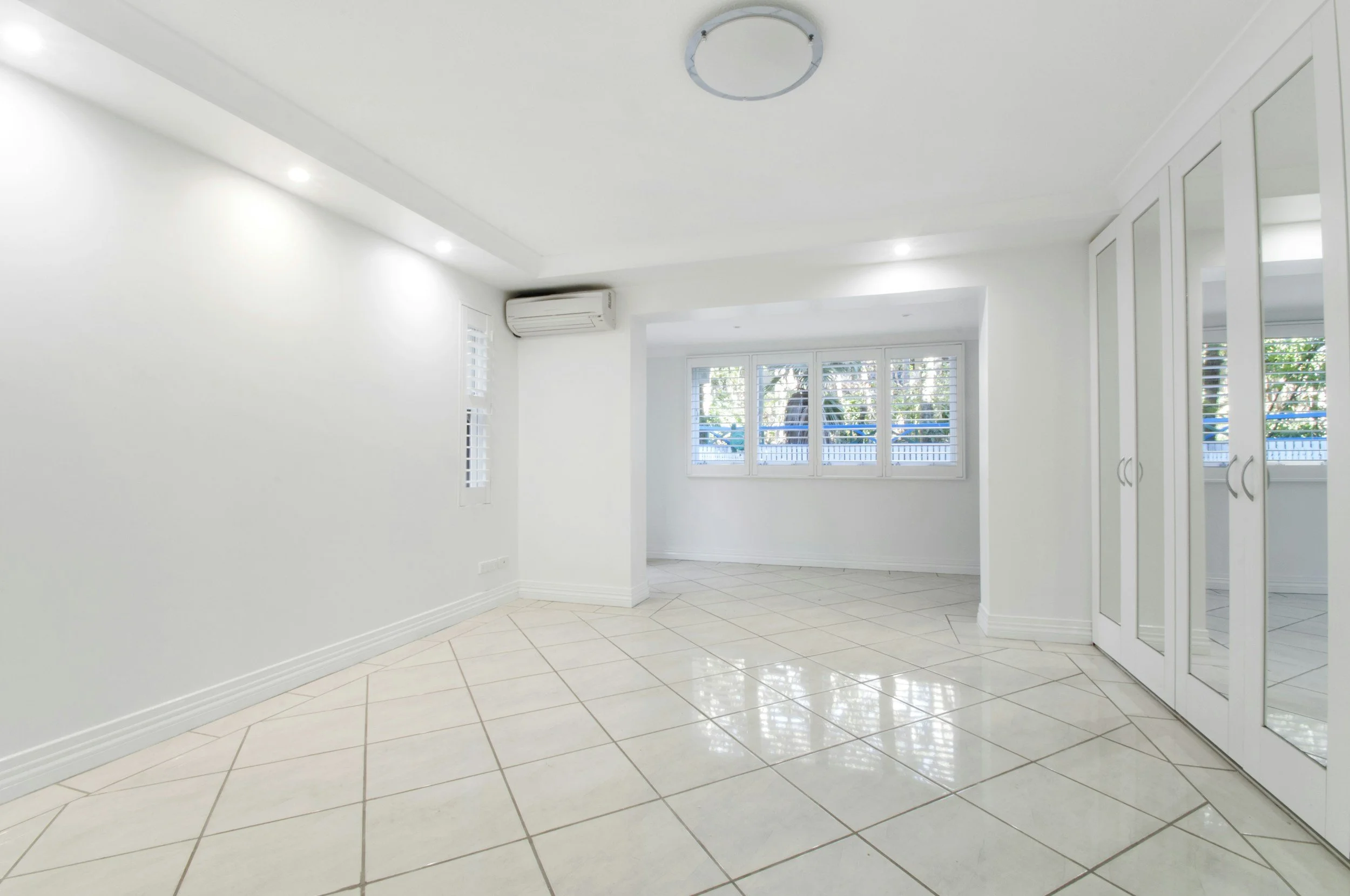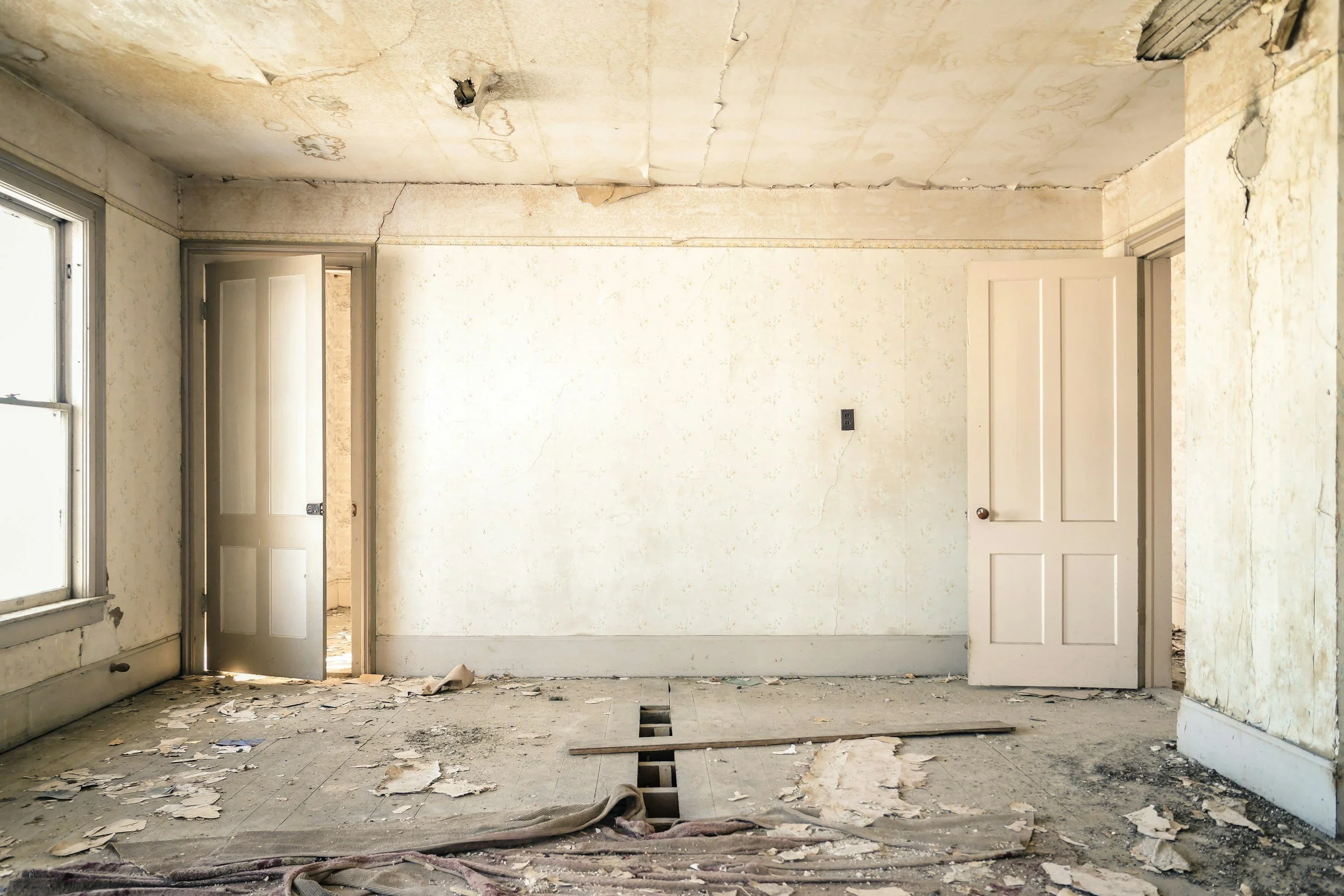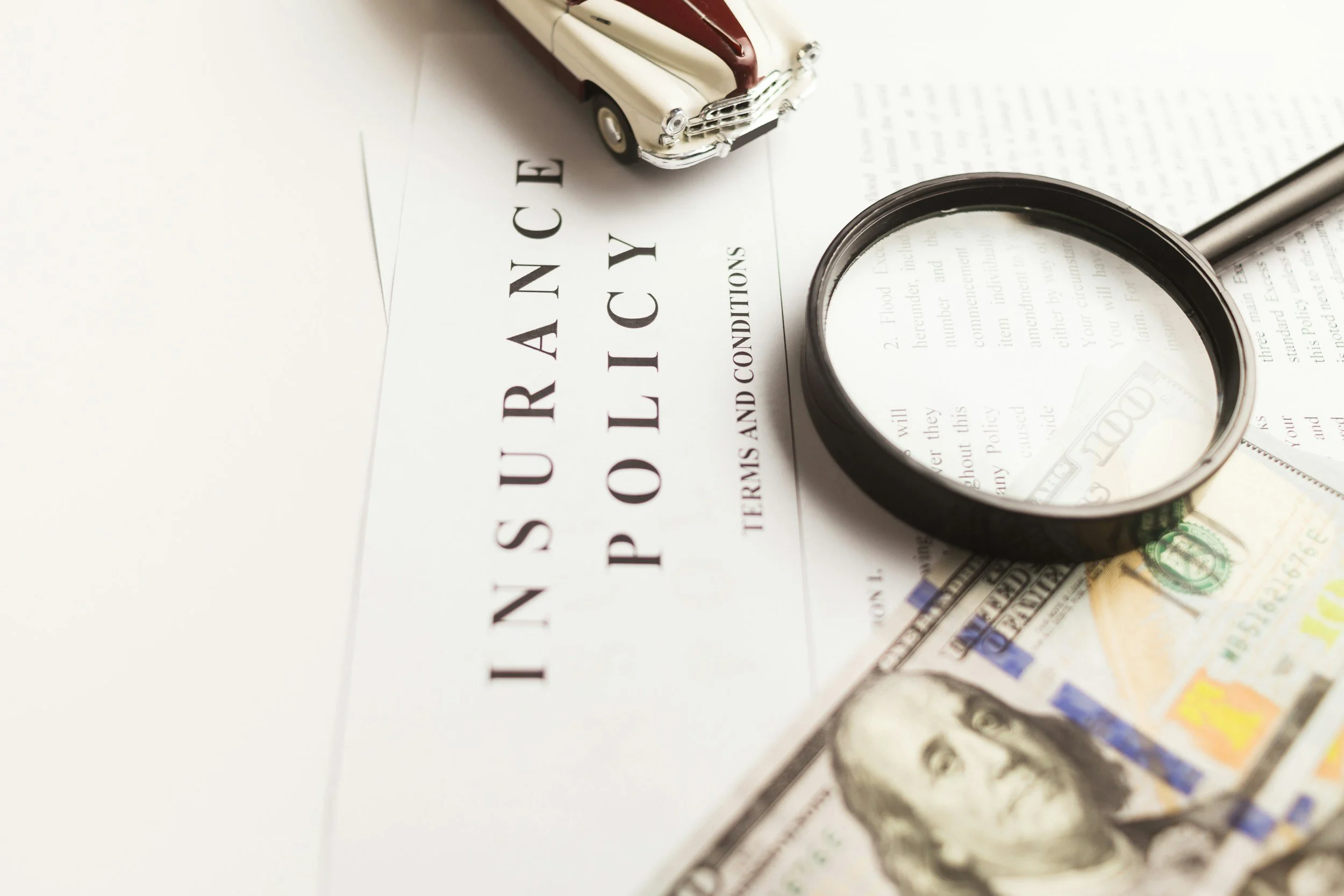The Benefits of Vacant House Insurance
Owning a vacant property can be a source of worry. The risks associated with an unoccupied house are many.
From vandalism and theft to weather damage or squatters, the potential for loss is high. But there's a solution to this problem: vacant house insurance.
This specialized insurance policy provides coverage for homes that are unoccupied for extended periods. It's a safety net that protects your investment and gives you peace of mind.
In this article, we'll delve into the benefits of vacant house insurance. We'll also guide you on how to choose the right policy and manage the costs.
Whether you're a homeowner, a property investor, or a manager, this guide will be of great value. Let's explore the world of vacant house insurance together.
Understanding Vacant House Insurance
Vacant house insurance is a specific type of coverage. It's designed for homes that are unoccupied for a certain period, typically 30 to 60 days.
This insurance differs from standard homeowners insurance. The latter often excludes coverage for homes left vacant for extended periods.
Vacant house insurance covers a range of perils. These include fire, wind, hail, lightning, and vandalism.
Here are some key features of vacant house insurance:
It provides coverage for the structure of the house.
It may cover other structures on the property, like a detached garage.
It can include liability coverage.
It doesn't typically cover personal property left in the house.
It may offer optional coverage for certain perils, like water damage.
Why Vacant House Insurance is Essential
Vacant house insurance is crucial for several reasons. First, it protects your financial investment. A vacant house is vulnerable to many risks that can lead to significant losses.
Second, it provides peace of mind. Knowing your property is protected allows you to focus on other important matters.
Third, it may be a requirement. Some mortgage lenders require vacant house insurance if the property is unoccupied for a certain period.
Lastly, it can protect you from legal liability. If someone gets injured on your vacant property, you could be held responsible.
Risks of Leaving a House Vacant
Leaving a house vacant exposes it to several risks. Vandalism and theft are common problems. Vacant properties are attractive targets for criminals.
Weather-related damage is another concern. A small leak can turn into a major problem if not addressed promptly.
Pests can also cause significant damage. Rodents, insects, and other pests can infest a vacant house, leading to costly repairs.
Lastly, a vacant house can suffer structural damage over time. Without regular maintenance, minor issues can escalate into major problems.
Cost Factors of Vacant House Insurance
The cost of vacant house insurance varies. It depends on several factors.
First, the location of the property plays a significant role. Properties in areas prone to natural disasters or high crime rates may have higher premiums.
Second, the value of the property is considered. Higher value properties typically cost more to insure.
Here are some other factors that can influence the cost:
The condition of the property.
The security measures in place.
The amount of coverage needed.
The deductible chosen.
How to Minimize Vacant House Insurance Costs
Reducing the cost of vacant house insurance is possible. One way is by installing security measures. These can include alarm systems, security cameras, and deadbolt locks.
Regular property checks can also help. Insurance companies may offer discounts if the property is regularly inspected.
Lastly, maintaining the property can lower costs. A well-maintained property is less likely to suffer damage, reducing the risk for the insurer.
Choosing the Right Vacant House Insurance Policy
Choosing the right vacant house insurance policy is crucial. It's not just about finding the cheapest option. It's about finding the policy that provides the right coverage for your needs.
Consider the risks your property faces. These could include vandalism, theft, or weather damage. Make sure the policy you choose covers these risks.
Also, consider the value of your property. Ensure your policy provides enough coverage to replace or repair your property if needed.
Best Insurance Companies for Investors
Choosing the right insurance company is crucial for ensuring your investment properties are adequately protected. Here are some top insurance companies for investors:
Allstate: Offers comprehensive vacant home insurance policies with flexible options tailored for property investors.
State Farm: Known for its excellent customer service and customizable coverage options, making it ideal for various property types.
Farmers Insurance: Provides a range of coverage options, including protection against vandalism, theft, and weather-related damages.
American Family Insurance: Offers specialized policies for vacant homes with a focus on protecting against the unique risks associated with unoccupied properties.
Travelers Insurance: Known for its robust coverage options and financial stability, Travelers provides reliable protection for vacant properties.
Nationwide: Offers flexible policies that can be customized to fit the needs of real estate investors, ensuring comprehensive protection for vacant properties.
Liberty Mutual: Provides competitive rates and extensive coverage options for vacant properties, making it a great choice for property investors.
Policy Exclusions and Limitations to Consider
Every insurance policy has exclusions and limitations. It's important to understand these before purchasing a policy.
Exclusions are specific situations or damages that the policy does not cover. For example, some policies may not cover damage caused by neglect or intentional acts.
Limitations are caps on the amount the insurer will pay for a claim. For instance, a policy might limit the amount paid for theft of personal property.
Understanding these exclusions and limitations can help you choose a policy that provides the coverage you need.
Filing a Claim on a Vacant House Insurance Policy
Filing a claim on a vacant house insurance policy is similar to other insurance claims. You'll need to provide details about the incident and any supporting documentation.
It's important to file the claim as soon as possible. Delays can complicate the process and potentially affect your coverage.
Maintaining Your Vacant Property for Insurance Compliance
Maintaining your vacant property is crucial for insurance compliance. Regular maintenance can prevent damage and reduce the risk of claims.
This includes regular checks of the property. Look for signs of damage or potential issues, such as leaks or broken windows.
Also, consider installing security measures. This can deter vandals and thieves, reducing the risk of damage and subsequent claims.
Conclusion: The Peace of Mind Provided by Vacant House Insurance
Vacant house insurance provides invaluable peace of mind. It ensures that your property is protected, even when you're not there.
In conclusion, the benefits of vacant house insurance far outweigh the costs. It's an essential investment for any homeowner or property investor.
Do you have an unwanted vacant house?
Sell to Dello Investments for a quick and hassle-free transaction. At Dello Investments, we buy vacant houses in any condition, providing fair cash offers and a fast closing process.



